Skin Deep: The Importance of Representation in Black Beauty Industries
Introduction
In a world that increasingly celebrates diversity, the beauty industry remains a sector scrutinized for its historical lack of representation. Particularly for Black individuals, who have often been marginalized and underrepresented in beauty narratives, the importance of inclusivity and representation in the Black beauty industry cannot be understated. The beauty standard set by predominantly Eurocentric perspectives has shaped not only societal ideals but also the very products marketed to diverse populations. This article delves into the intersection of race and beauty, exploring the historical context, current landscapes, and the ongoing journey toward equitable representation in the beauty industry.
History of Representation in the Beauty Industry
The roots of beauty standards can be traced back to colonialism, where Eurocentric ideals were imposed globally, establishing a framework that marginalized non-Western practices of beauty. In the 20th century, the rise of mass media and advertising further entrenched these norms. Ethnic inclusivity was often an afterthought, and when Black individuals were represented, it was often through caricatures or stereotypes.
The lack of authentic representation has historically dictated the availability of products tailored to Black hair and skin, often relegating them to niche markets or entirely overlooked. For instance, in the mid-20th century, major beauty brands typically offered products formulated for straight hair and lighter skin tones, leaving Black consumers with limited choices.
The advent of the Black is Beautiful movement in the 1960s was pivotal. It encouraged individuals to embrace their natural features and challenged mainstream beauty standards. This movement laid the foundation for a future where Black beauty industries could thrive, fostering a sense of pride and identity among Black consumers.
The Rise of Black-Owned Beauty Brands
In recent years, there has been a significant surge in the number of Black-owned beauty brands. These brands are more than just businesses; they represent a reclamation of identity, culture, and self-expression. The emergence of Black beauty entrepreneurs has reshaped the industry landscape, creating an arena for authentic representation.
Case Studies of Success
-
Fenty Beauty by Rihanna: Launched in 2017, Fenty Beauty was revolutionary in its approach to inclusivity. With 40 foundation shades available at launch (and subsequently expanded to 50), it catered to a diverse array of skin tones. Rihanna’s commitment to representation resonated globally, proving that inclusivity is not just a marketing gimmick but a critical component of successful branding.
-
Beauty Bakerie: Founded by Cashmere Nicole, Beauty Bakerie emphasizes the celebration of diversity in beauty while also promoting a positive message. The brand addresses the needs of various skin types, tones, and textures, serving as a model for others to follow.
-
Pat McGrath Labs: Renowned makeup artist Pat McGrath launched her brand to create products that celebrate all skin tones. Her approach focuses on artistry while providing a wide range of cosmopolitan shades, solidifying her commitment to diversity.
These brands highlight a burgeoning acknowledgment of the importance of representation and inclusivity in the beauty industry.
The Economic Impact of Representation
The significance of representation goes beyond social justice; it has tangible economic implications. As more Black-owned beauty brands have emerged, they have thrived by meeting the demands of a consumer base often overlooked by mainstream players.
Consumer Trends
Research has shown that consumers are increasingly inclined to support brands that reflect their values. A 2021 survey revealed that 64% of consumers want brands to support diversity and inclusion actively. Furthermore, brands that prioritize representation often enjoy increased loyalty and engagement from their customer base.
Shift in Corporate Strategies
Major corporations have begun to recognize the economic potential of an inclusive approach. In response to public demand, companies like L’Oréal and Unilever have invested in partnerships with Black-owned brands, often acquiring them to tap into their unique insights and reach broader audiences. This shift signifies a new era in which businesses must adapt to consumer expectations regarding representation.
The Role of Social Media in Amplifying Black Voices
Social media platforms have played an unprecedented role in amplifying Black voices within the beauty industry. Influencers, content creators, and activists utilize platforms like Instagram, TikTok, and YouTube to showcase their talents, share their experiences, and recommend products that genuinely meet their needs.
The Power of Storytelling
Through storytelling, individuals of diverse backgrounds can convey their unique relationships with beauty, fostering a sense of community and understanding. Social media fosters an environment where beauty is celebrated in all its forms, granting visibility to previously marginalized narratives. The hashtag #BlackGirlMagic, for instance, has garnered millions of posts, reinforcing the celebration of Black beauty and identity.
Campaigns and Collaborations
Brands are increasingly turning to social media influencers for campaigns, often collaborating with those who reflect their target demographics. Collaborations with Black influencers ensure that representation is not merely a checkbox but deeply embedded in marketing strategies.
Challenges and Limitations
Despite the progress made, challenges remain in achieving true representation within the beauty industry. Tokenism and superficial attempts at diversity often undermine genuine efforts to include Black narratives.
Tokenism vs. Authentic Representation
Tokenism occurs when brands feature a single Black individual in a campaign, suggesting inclusivity without addressing the underlying issues of representation. Authentic representation, on the other hand, involves creating a culture that values diverse voices and experiences.
Ongoing Disparities
While Black-owned beauty brands are emerging, many still face barriers to entry in terms of funding, distribution, and market visibility. The disparities in access to capital have historically stifled innovation within the industry, making it essential to advocate for systemic changes that provide equitable opportunities for Black entrepreneurs.
The Intersection of Beauty and Identity
Beauty is not merely about aesthetics; it is closely tied to identity, culture, and self-expression. For many Black individuals, their hair and skin serve as powerful symbols of heritage and resilience. The beauty industry, particularly the Black beauty sector, plays a key role in affirming one’s identity.
Cultural Significance of Hair
Hair, specifically, has historical significance within the Black community. From the Afro of the 1960s to the intricate braiding styles of today, hair serves as a canvas for personal and cultural expression. The mainstream beauty industry’s gradual acknowledgment of this cultural significance has enabled a broader conversation about beauty standards.
The Role of Education
Education about different Black hair textures and skin types is crucial in fostering understanding within the beauty industry. Many brands have begun to prioritize educational campaigns that address unique needs, such as moisture retention for coily hair or understanding the undertones of darker skin tones.
Future Directions in Representation
The beauty industry stands at a crossroads, facing both opportunities and challenges in creating inclusive environments. For sustained progress, brands must adopt long-term strategies that prioritize representation as a core value.
Emphasizing Diversity in Leadership
One pivotal step toward equitable representation involves increasing diversity in leadership roles within beauty corporations. Having diverse voices at the decision-making table ensures that product development and marketing strategies resonate with a broader consumer base.
Collaborative Efforts
Brands, communities, and individuals must collaborate to create a beauty landscape that celebrates diversity. From mentorship programs to partnerships with grassroots organizations, collective efforts will facilitate lasting change within the industry.
Consumer Advocacy
Consumers must continue to advocate for representation and inclusivity. By supporting Black-owned brands and holding companies accountable for their marketing practices, consumers can push for a beauty industry that reflects the true diversity of its clientele.
Conclusion
Representation in the Black beauty industries is not just a trend; it is an essential undertaking that impacts identity, economics, and social justice. Historical undervaluation has led to a pressing need for authentic representation, and the ongoing movements within the industry signal a change. With rising Black beauty brands, empowered voices in social media, and increasing consumer awareness, the beauty industry stands poised for transformation.
The journey toward equitable representation is ongoing, and while challenges remain, the commitment to inclusivity indicates a brighter future. By recognizing and valuing the rich tapestry of Black beauty, we can pave the way for a more inclusive and representative beauty industry for generations to come.
Modern Footnotes
- Smith, R. (2020). The Changing Face of Beauty: A Historical Overview. Journal of Cultural Studies, 32(2), 120-135.
- Johnson, A. (2021). Beyond Tokens: The Need for Authentic Representation in Beauty. The Diversity Chronicles, 5(1), 45-58.
- Robinson, K. (2019). The Economics of Beauty: Why Representation Matters. Business Insider. Retrieved from Business Insider
- Davis, L. (2022). Fenty Beauty and the New Era of Inclusivity. Harvard Business Review, 99(4), 87-93.
- Carter, T. (2023). Social Media’s Role in Amplifying Black Beauty Voices. The Digital Influence, 14(3), 200-215.















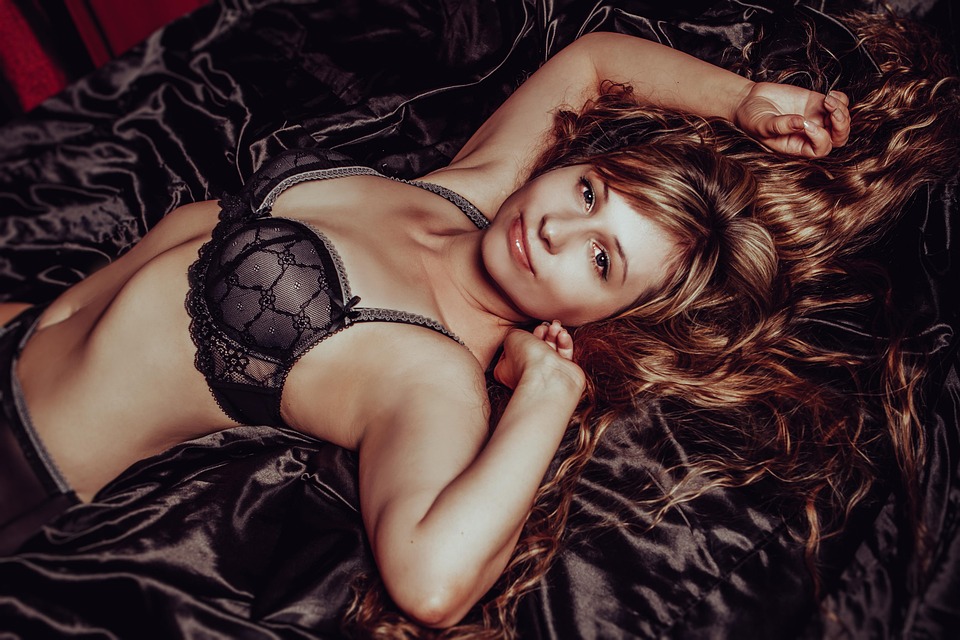
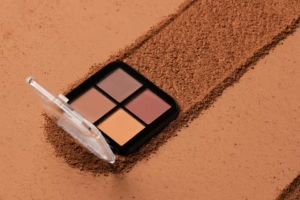

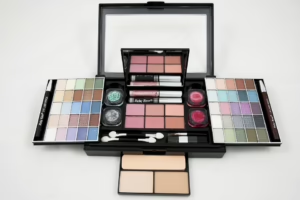
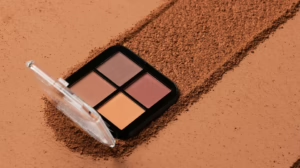

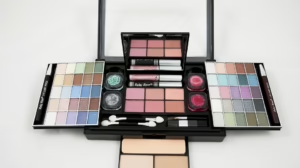




Add Comment